This year’s National Nurses Week theme is the Power of Nurses.
Nurses contribute to society far beyond bedside care by leading education, research, advocacy, and public health initiatives. They train future healthcare providers, drive policy changes that promote equity and safety, and lead efforts to address social determinants of health. Through their innovation and leadership, nurses shape a more compassionate, inclusive healthcare system. The power of nurses lies in their ability to heal, educate, advocate, and transform communities on a global scale. We are proud to feature of our #HuskyNurse alumni and the amazing work they are doing out in the community and making a difference in healthcare.
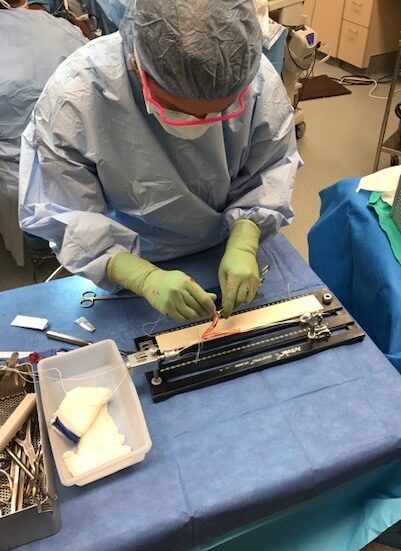
Danielle (Stuart) Milanowski, ABSN ’10, Orthopedic Nurse Practitioner, UT orthopedics
Danielle works in orthopedic surgery, specializing in joint replacement and sports medicine. She sees patients with sports injuries and joint issues, and one of her favorite roles is assisting in surgery. Her nursing education at the University of Washington gave her strong clinical skills, a solid work ethic, and exposure to the many paths within nursing. As a student-athlete, Danielle was encouraged by Dr. Mayumi Willgerodt to pursue nursing while playing softball—an opportunity that shaped her future.
Theresa Muncy, ABSN ’15, BSN, RN, OR-SANE, SANE-A, Lead Forensic Nurse Examiner, Providence S.A.F.E. Program
Theresa cares for patients who have recently experienced violence, including sexual assault, strangulation, intimate partner violence, human trafficking, and other forms of abuse. While skilled in forensic care such as evidence collection, photography, and assault documentation, her primary focus is addressing each patient’s complex medical and safety needs. As a leader on her team and at the state level in Oregon, Theresa trains new nurses, uses data to drive improvements, and ensures high-quality care for every survivor.
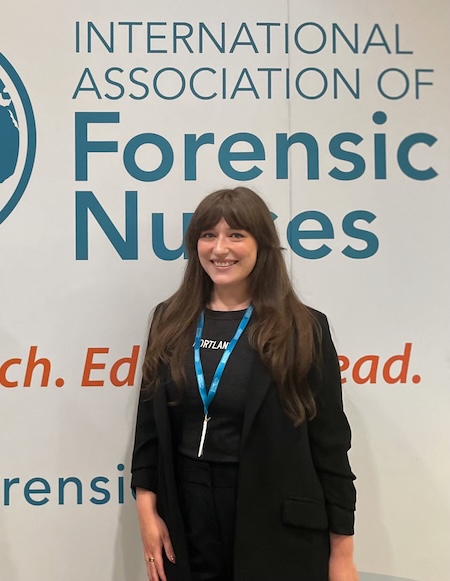
"My education at UW helped prepare me to address the constantly changing landscape in our nursing workforce and how to advocate for change."
"My DNP program in Population Health and Systems Leadership was crucial in preparing me for the multifaceted demands of leading Public Health and the Armed Forces Wellness Center. The curriculum not only equipped me with the skills to assess community health needs and develop effective health programs, but it also emphasized the importance of strategic leadership, collaboration, and advocacy within complex healthcare systems."
Candice Orfao, ABSN ’19 SANE Program Coordinator Harborview Abuse and Trauma Center (HATC)
Candice is a Sexual Assault Nurse Examiner (SANE), providing trauma-informed care for survivors of sexual assault and domestic violence. She conducts forensic exams, collects evidence, offers STI prevention and emergency contraception, and testifies in court. As the SANE program coordinator at Harborview, she oversees 26 nurses and supports patient care across seven hospitals in King County.
“Nursing is incredibly versatile,” Candice says. “Get curious, explore roles beyond the bedside, and if possible, gain experience as a CNA or PCT before school—it made a big difference for me.” She credits her UW Nursing professors and clinical instructors for their unwavering support and guidance: “Their investment in my success shaped where I am today.”
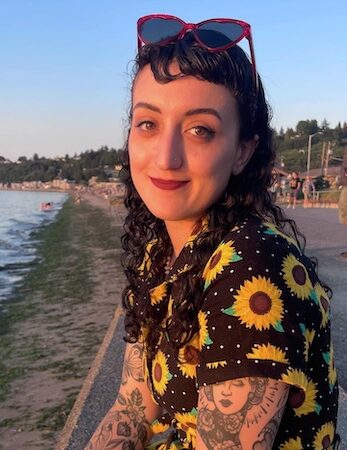
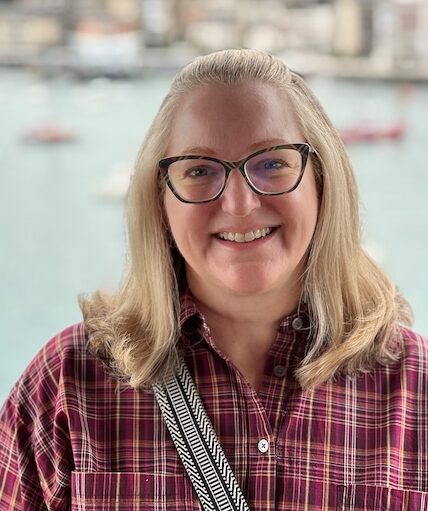
Karen Stevenson, BSN ’93 Occupational Health Nurse, Arizona State University
Karen works in occupational health, overseeing medical surveillance for research involving animals, biological materials, and other potential infectious agents. She manages the university’s respiratory protection program, including medical clearance and respirator fit testing, and provides ergonomic evaluations for both office and scientific workstations. Her clinic also offers occupational medical care, from workers’ compensation support to minor injury treatment, vaccinations, lab work, and travel medicine.
Karen credits UW Nursing for equipping her with strong clinical skills, critical thinking, and leadership abilities that allowed her to transition from acute care to population-based health roles like school nursing and occupational health. Her advice to future nurses: “Do it! Nursing offers endless opportunities — whether in direct care, administration, or research — and allows you to make a real impact on individuals and communities.”
“I truly think that nursing is one of the most amazing professions to have. There are so many fields you can work in and at any moment you can decide that you want to pivot towards an entirely different area. I started as an acute-care stem cell transplant nurse and am now a leader in one of the largest Public Health departments in the nation. It's an incredible privilege to serve my community and be able to address systems-level challenges at the same time.”
"My undergraduate education prepared me exceptionally well for bedside care, and my PhD helped me develop advanced skills in symptom science, mixed-methods research, and digital therapeutics. Nursing is one of the most flexible and impactful careers available — with opportunities in hospitals, startups, policy, research, and more."
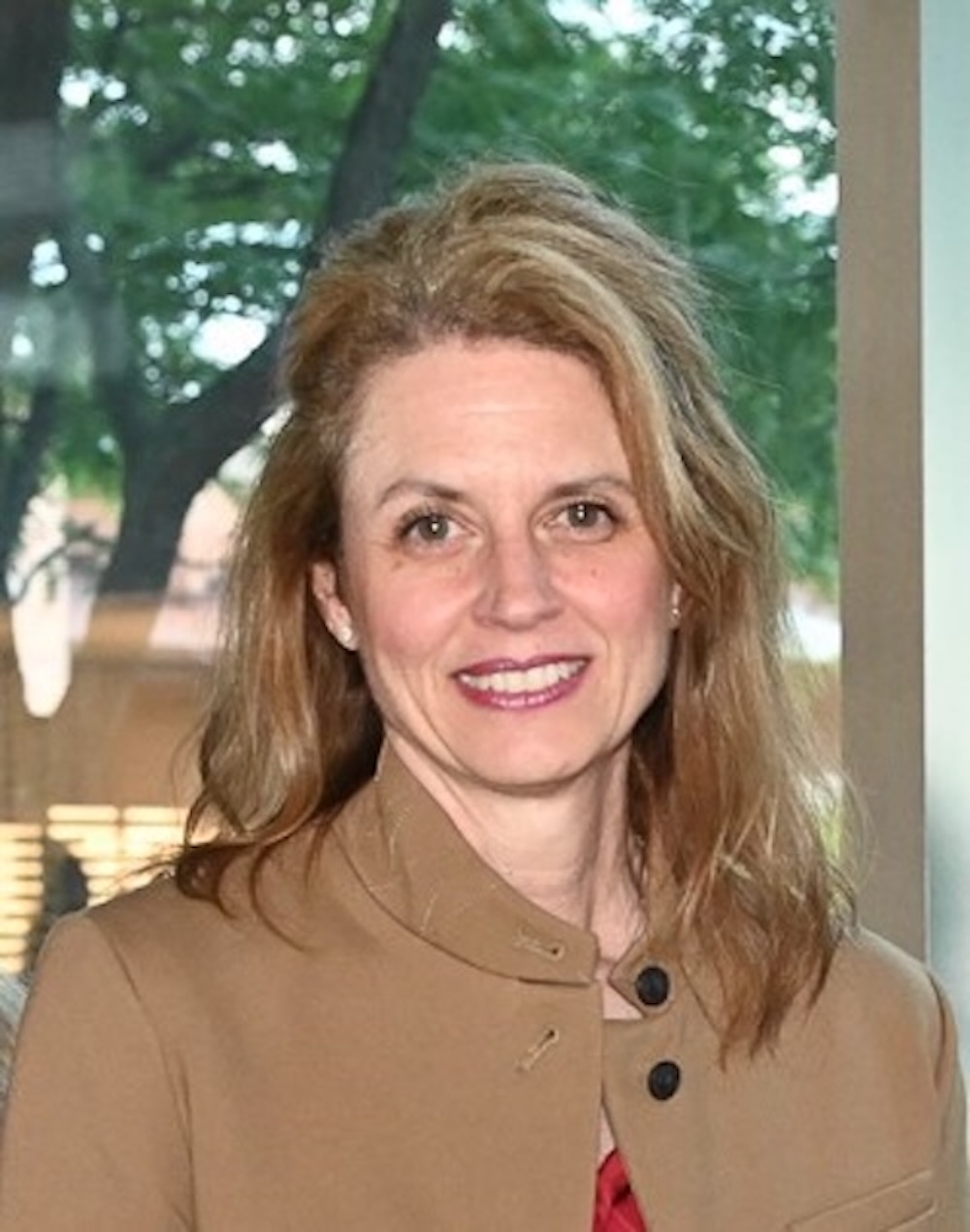
Joelle Thirsk Fathi, DNP ’13, MN ’00, Chief Healthcare Delivery Officer, GO2 for Lung Cancer, Clinical Associate Professor, University of Washington, School of Nursing, Advanced Practice Nurse Practitioner, Lahai Clinic
Joelle serves as an executive leader at GO2 for Lung Cancer, the nation’s largest lung cancer advocacy nonprofit. She leads health services research, professional education, and global initiatives to improve outcomes for those at risk or living with lung cancer. In addition to her leadership role, Joelle teaches in UW’s AGACNP and AGPCNP programs and practices as a nurse practitioner at a clinic serving immigrants and refugees.
Her master’s and doctoral training at UW prepared her for a dynamic, purpose-driven career. “Nursing offers endless opportunities,” Joelle says. “Find your passion, lean in, and you’ll discover a profession where you can grow, lead, and reinvent your path time and time again.”
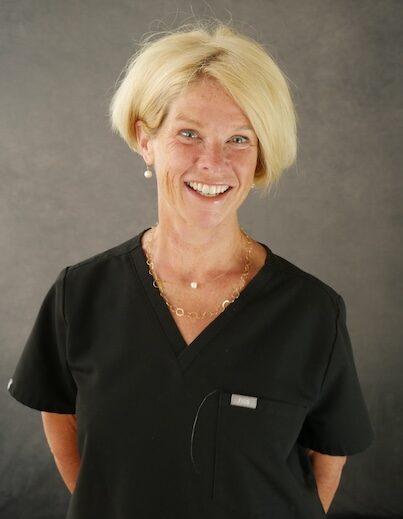
Sydne Mead-Smith, BSN ’96 and MSN ’20
Sepsis Clinical Nurse Specialist, University of Washington Medical Center
As the Sepsis CNS for University of Washington Medical Center (UWMC) Montlake campus Sydne supports, educates, and empowers UWMC nurses and other healthcare professionals in the delivery of evidence-based practice interventions around sepsis to improve patient outcomes. In addition, she supports practice changes that enhance autonomous nursing practice and multidisciplinary communication. Sydne has always been focused on providing safe, compassionate, and effective care to her patients and their families.
The education that she obtained at UWSoN laid the foundation for her fulfilling nursing career that have included working with multidisciplinary teams in many rewarding areas. She began as a new grad on an inpatient hematopoietic stem cell and bone marrow transplant unit that specialized with acute leukemia. She has always been grateful for the education at UWSoN because it opened many doors and provided opportunities that she could never imagined.